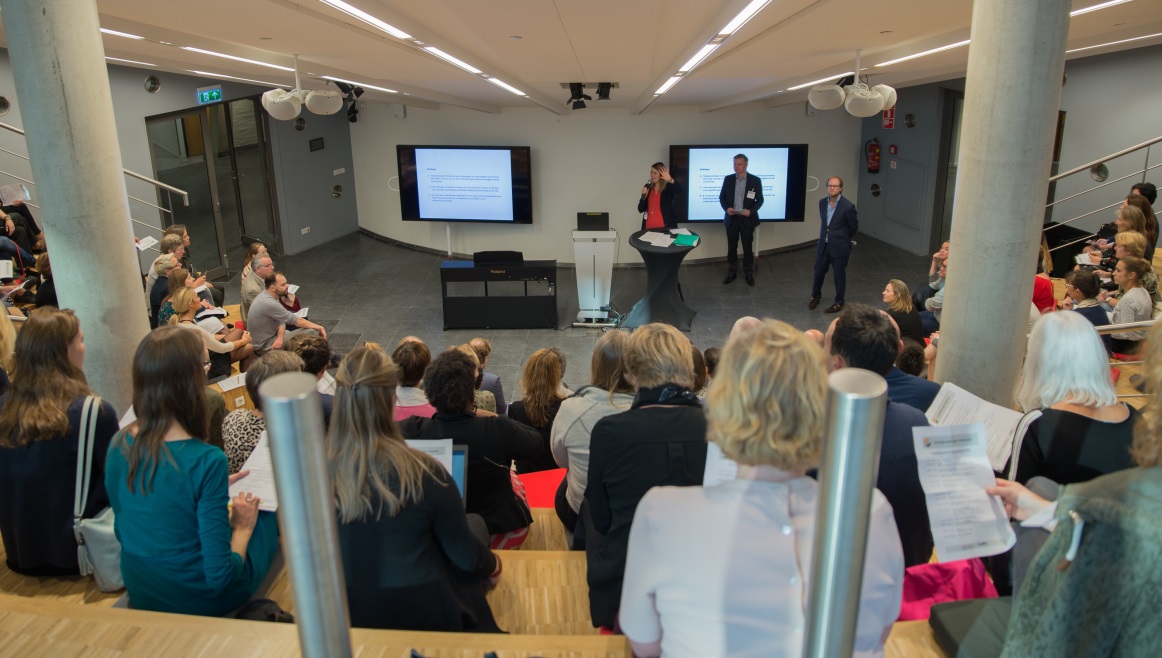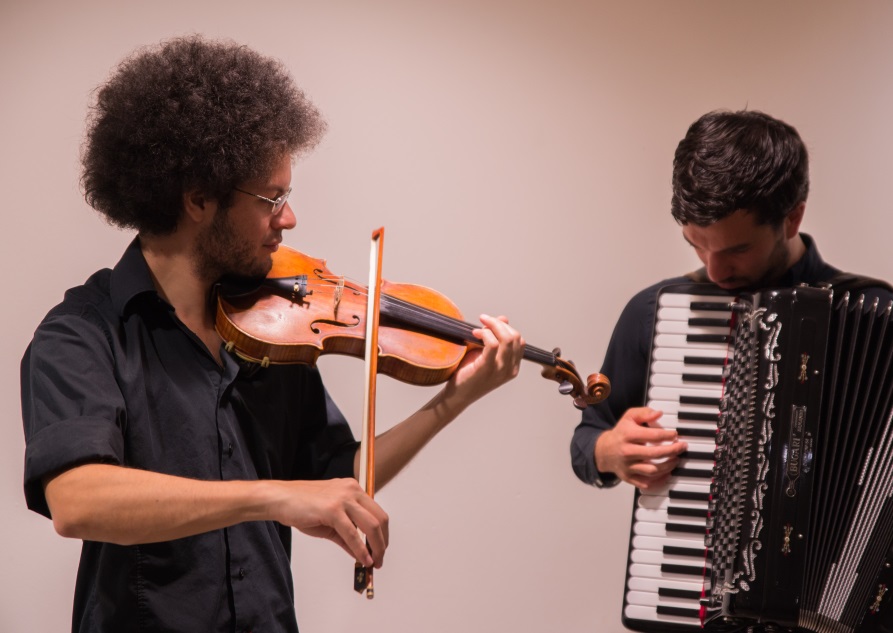On 10 October 2018, the Code of Conduct Higher Education seminar was held. It was a valuable day in which much useful information was gathered. There was an open discussion with educational institutions, relevant governmental organisations and related parties. Experiences and best practices were shared and several points of attention were noted down. Two themes were discussed: in the morning the focus was on the admission policies of the educational institutions. Which criteria do institutions use when admitting non-EEA students, does study motivation play a role and when can a student be refused? In the afternoon, the study progress monitoring and supervision of non-EEA students was discussed. How can you promote study progress? Does the study progress standard achieve its goal?
The overall observations are comprehensive and vary widely. Therefore we will suffice by giving some examples:
- According to most participants the legal framework does not currently provide sufficient scope for higher education institutions to shape the admission policies themselves. Legislation and regulations should be better aligned and institutions should be given more formal opportunities to refuse non-EEA students.
- There is a lack of clarity about being able to refuse the recognised sponsorship for an individual student on the basis of study motivation.
- What is study motivation? How can you objectively determine whether a student is sufficiently motivated? Clear, objective criteria are needed.
- Students are often not aware of the facilities and possibilities that an institutions offer to support their studies.
- The need for a social safety net is underlined by everyone. It’s about the student feeling welcome.

Many best practices have also been formulated:
- Reduce the total influx of students by no longer recruiting or by recruiting in a more targeted way. Recruitment strategies should be better focused on qualitative influx.
- Currently, a deadline of 31 August applies to transfer students. The proposal is to bring this date forward to 1 May. This provides more room for the higher education institution to check the motivation of the transferors and to guide them to a suitable study programme.
- Promote the integration of international students by organising activities and matters such as housing for the entire group. This will create direct contact and a group feeling. The formation of groups of mixed nationalities should be actively stimulated. Steering outside of the classroom is almost more important than inside it.
- Enable students to become acquainted with the Dutch language free of charge or for a low fee.
If you want to read more about the seminar a report is available in Dutch
For the Commission, and also for the co-organiser of the Nuffic seminar, the next step will mainly be to facilitate and encourage. Especially when it comes to the long term, the solution lies in adapting existing legislation and regulations. This includes the conflicts in legislation and regulations, as well as the creation of opportunities when it comes to being able to refuse students. The government parties present at the seminar have taken these findings into account, they can offer clarity when it comes to provisions for which there is a difference in interpretation. In the coming months we will elaborate on the points that require further examination, in cooperation with the parties that have signed up for it. For instance, you could think of issues such as: How to assess study motivation objectively? Can the study choice check play a role in this? And in relation to the study progress standard: in the case of a chronic illness, can the same reason for excusability be invoked for several consecutive years? The Commission will provide an update in the next newsletter (April/May 2019).

musical performance by R&G Tango


